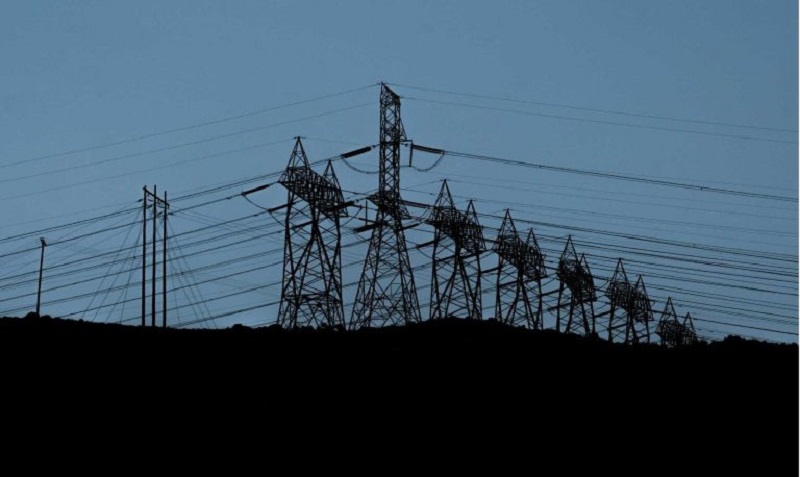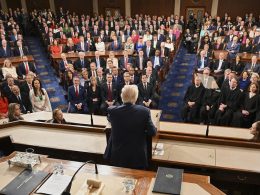Salem, OR – Oregon Governor Tina Kotek is calling on the Oregon Department of Environmental Quality (DEQ) to ease a critical component of its recently introduced Advanced Clean Trucks (ACT) policy, citing significant disruption in the state’s market for large trucks. The policy, which aims to reduce emissions by transitioning to electric vehicles, has raised concerns among businesses and industry stakeholders reliant on larger, heavier trucks.
The Advanced Clean Trucks policy, part of a broader initiative to combat climate change and improve air quality, sets ambitious targets for the electrification of the state’s truck fleet. However, the transition has proven challenging, especially for industries dependent on heavy-duty trucks, which make up a significant portion of Oregon’s transportation infrastructure.
Governor Kotek’s request comes after hearing feedback from trucking companies and fleet operators who have struggled to comply with the policy’s aggressive timelines and requirements. Many have pointed to issues such as limited availability of electric truck models, high upfront costs, and infrastructure challenges as key barriers preventing a smoother transition to cleaner alternatives.
In her statement, Kotek emphasized the need to balance environmental goals with the practical realities faced by Oregon’s businesses. “While our state remains committed to reducing emissions and advancing clean energy, it is crucial that we ensure policies do not unduly harm industries that are vital to Oregon’s economy,” the governor said. “We must support our businesses through this transition to avoid disruptions that could have long-lasting economic consequences.”
The Advanced Clean Trucks policy, which is set to progressively increase the number of electric trucks on the road, is part of Oregon’s broader climate strategy aimed at cutting greenhouse gas emissions. While the state has made significant strides in the electric vehicle (EV) sector, the heavy-duty vehicle market has been slower to adopt these new technologies.
Industry groups have praised Kotek’s request for flexibility, stating that additional time or adjustments to the policy would allow companies to better plan for the transition. Some have also suggested that the state explore incentives or funding to help offset the cost of upgrading to electric trucks and building the necessary charging infrastructure.
The DEQ, which is responsible for implementing the ACT policy, has not yet made a public response to Kotek’s request. However, officials have acknowledged the difficulties many businesses face and have indicated a willingness to work with stakeholders to find solutions that balance the state’s environmental goals with the realities of the marketplace.
As Oregon continues to push toward a cleaner, more sustainable transportation system, the outcome of Kotek’s request could have far-reaching implications for the state’s efforts to reduce emissions and the trucking industry’s ability to adapt to an evolving regulatory environment.











